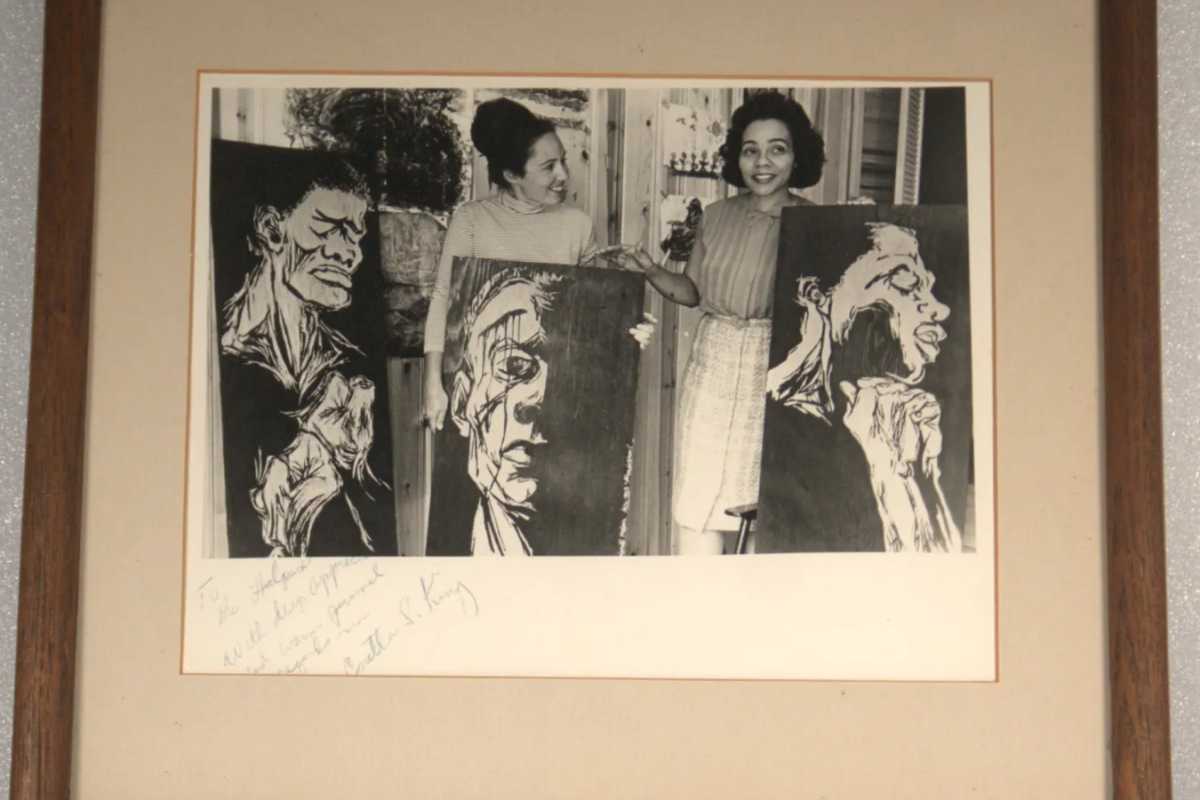In May 1964, Temple Israel’s congregation hosted the Baptist Minister and Civil Rights Leader, Reverend Dr. Martin Luther King, Jr. Dr. King came to Westport on the invitation of Rabbi Byron T. Rubenstein and spoke to an audience of over 600 people noting that “It is possible to stand up to an unjust system without hate.” Under Rabbi Rubenstein’s leadership during the 1960s, Temple Israel hosted other activists including writer James Baldwin, becoming a forum for aggressive social progress.
Just a month after Dr. King visited Westport, the Mississippi Project began. This was a voter registration effort by civil rights groups including the Congress On Racial Equality (CORE) and the Student Non-Violent Coordinating Committee (SNCC). During the next few months, which became known as ‘Freedom Summer,’ volunteers and activists were beaten and jailed. Two white students, Michael Schwerner and Andrew Goodman, and an African American student, James Chaney, disappeared. Their beaten bodies were not found for six weeks. Westport artist Tracy Sugarman was in Mississippi bearing witness to the movement. He said later, “We knew immediately that they’d been killed.”
That June, Dr. King went to St. Augustine, Florida in response to citywide violence following an attempt by student protestors to integrate the Woolworth’s lunch counter there. The civil rights leader was arrested on the steps of Mason Motor Lodge Restaurant and wrote a letter from jail to his friend Rabbi Israel Dresner of New Jersey, asking him to recruit others to aid the movement.
Dresner arrived in St. Augustine with sixteen fellow rabbis including Westport’s Rabbi Rubenstein. All were arrested on June 18, 1964 and from jail they penned a three-page letter entitled “Why We Went” detailing what they had seen in St. Augustine and calling upon fellow Jews to support the civil rights movement:
“These words were first written at 3:00 am, in the sweltering heat of a sleepless night, by the light of the one naked bulb hanging in the corridor outside our small cell…We do not underestimate what yet remains to be done…In the battle against racism what we have participated here is only a small skirmish. But the total effect of all such demonstrations has created a Revolution.”




